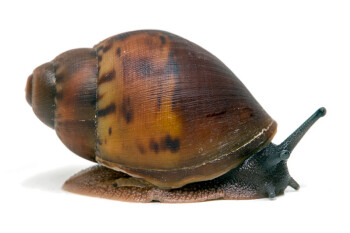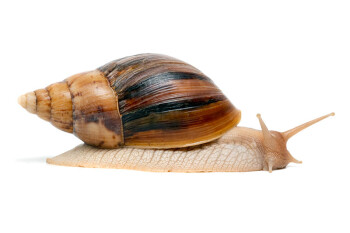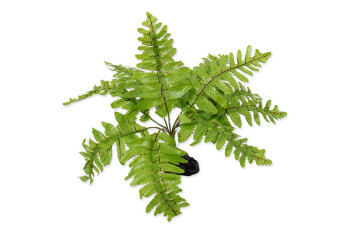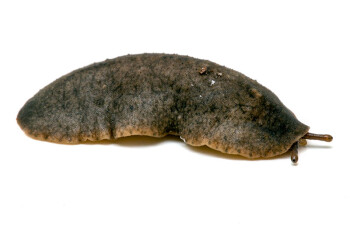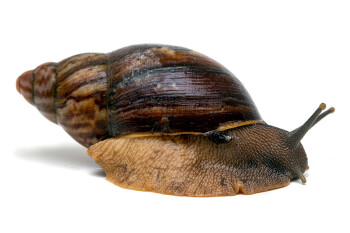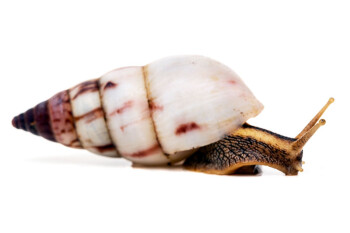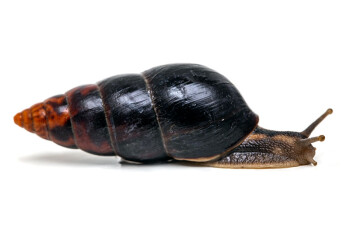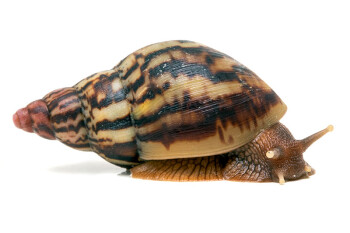- For sale
-
Gallery
- Achatinidae
- Acavidae
- Ariophantidae
- Bradybaenidae
- Bulimulidae
- Camaenidae
- Clausiliidae
- Cyclophoridae
- Discidae
- Dyakiidae
- Ellobiidae
- Helicarionidae
- Helicidae
- Helminthoglyptidae
- Chronidae
- Orthalicidae
- Pomatiidae
- Pupinidae
- Streptaxidae
- Strophocheilidae
- Subulinidae
- Succineidae
- Veronicellidae
- Cambalopsidae
- Harpagophoridae
- Oxydesmidae
- Pachybolidae
- Paradoxosomatidae
- Polydesmidae
- Pseudospirobolellidae
- Rhinocricidae
- Spirobolidae
- Spirostreptidae
- Zephroniidae
- Emydidae
- Geoemydidae
- Chelidae
- Chelydridae
- Kinosternidae
- Pelomedusidae
- Podocnemididae
- Testudinidae
- Agamidae
- Diplodactylidae
- Gekkonidae
- Iguanidae
- Mabuyidae
- Scincidae
- Xantusiidae
- Scarabaeidae
- Boidae
- Armadillidiidae
- Porcellionidae
- Blaberidae
- Ectobiidae
- Salticidae
- Theraphosidae
- Gryllidae
- Scorpionidae
- Phrynichidae
- Expeditions
- Manuals
- General
International shipping of live animals is temporarily unavailable due to low temperatures. We expect to resume in March or April. Personal pickup is still possible.
Babies of Archachatina sp. Calabar, Nigeria are available
2020-09-02
Babies in generation F1 (parents are from the wild) are available in the e-shop now. They are picky in the food the same as WC adults but they are growing nicely and without any problems. Juveniles are available HERELissachatina immaculata panthera Madagascar are available again
2020-08-28
I added several photos of adult snail finally. You can check babies for sale HERE.New artificial plants from Repti Planet
2020-08-28
Repti Planet plants are for use on the ground and they have heavier bottom part. Several types of plants are for sale HERE.New species Laevicaulis sp. Nigeria in collection
2020-08-15
Small species of slug usually with dark colour, but there are also lighter specimens. Generally not so dark as Laevicaulis alte. There can be light stripe on the back. They prefer green vegetables (lettuce, cucumber...) in their diet. You should be careful with the size of the air holes in the box with hatchlings, which should be very small, as babies are able to escape through unbelievable small holes. Imported subadults to adults are already for sale HERE.New population of the species Archachatina porphyrostoma Nigeria C in collection
2020-08-12
A small species from genus Archachatina with red to purple columella. There are not any significant differences against type A and B but they are from different imports so they are of different origin and genetics. Snails of this species are digging all the time even when they are adults. Breeding is without problems. Imported subadults to adults are already for sale HERE.New species Limicolaria agathina Nigeria in collection
2020-08-09
A smaller species from the genus Limicolaria which grows usually to the size around 5 cm, but some specimens grow much bigger. The background colour of the shell is white with dark purple to black apex, but apex can be also pale. Shell is often almost without stripes but can be also striped. Captive-bred babies have often pale apex. This snail is easy to keep and breed and as other limicolaria species they like cucumbers, lettuces, and other green stuff as food. Imported subadults to adults are already for sale HERE.New species Limicolaria aethiops Nigeria in collection
2020-08-08
A smaller species from the genus Limicolaria which grows usually to the size around 5 cm. Shell is very dark brown to black colour with yellow to red stripes on the first whorls. In juveniles, the translucent colour could be almost purple. This snail is easy to keep and breed and as other limicolaria species they like cucumbers, lettuces, and other green stuff as food. Subadults to adults are already for sale HERE.New species Lissachatina albopicta type 4 in collection
2020-08-07
The big and dark form of Lissachatina albopicta with nice red apex. This snail is easy to keep and breed and babies are growing fast. Subadults are already for sale HERE.© 2026 Tomáš Protiva - Landsnails.org. All rights reserved.

